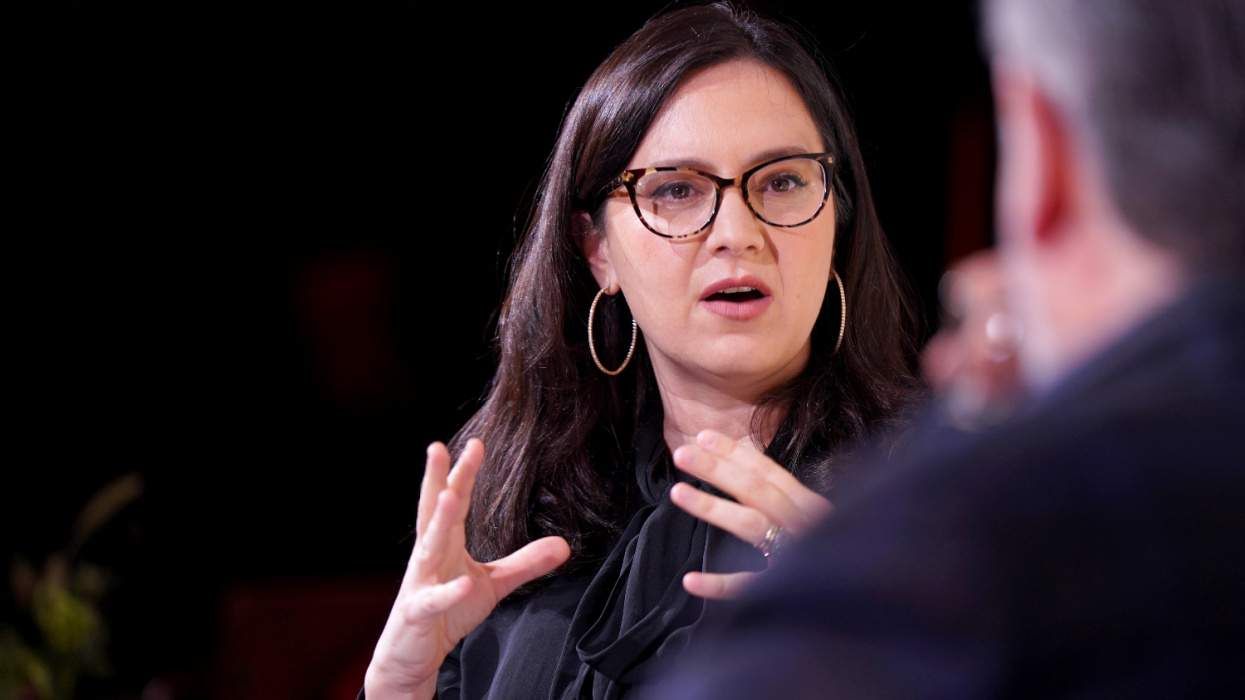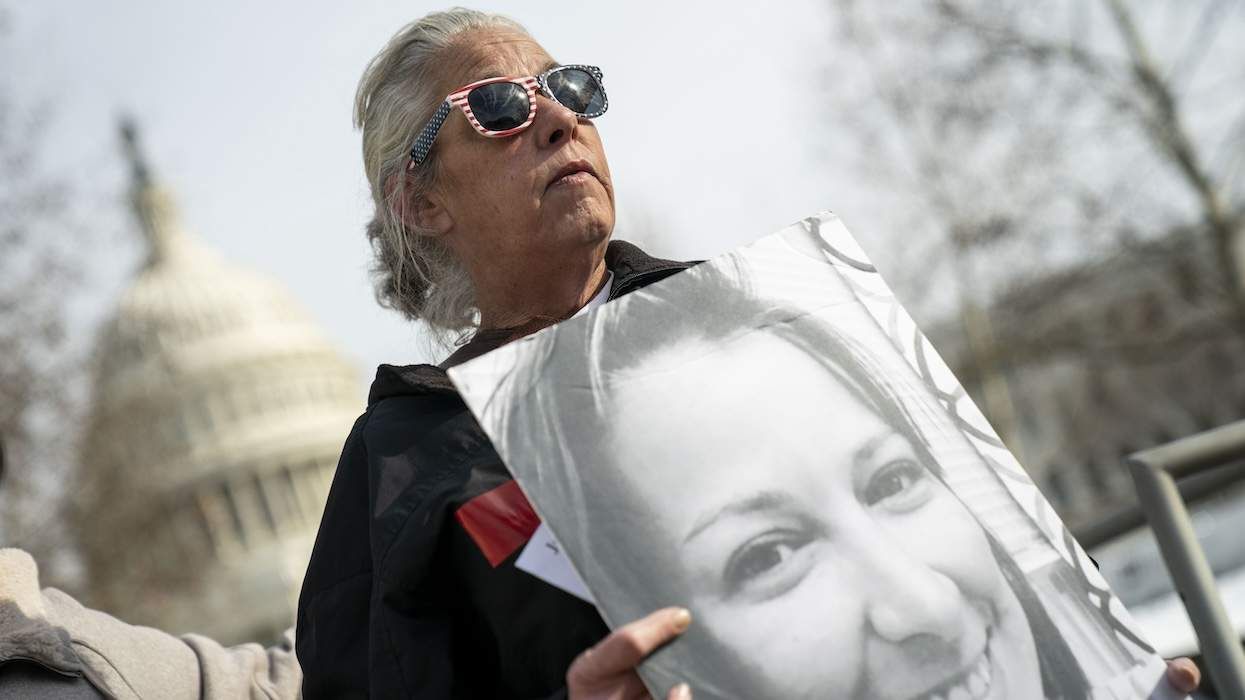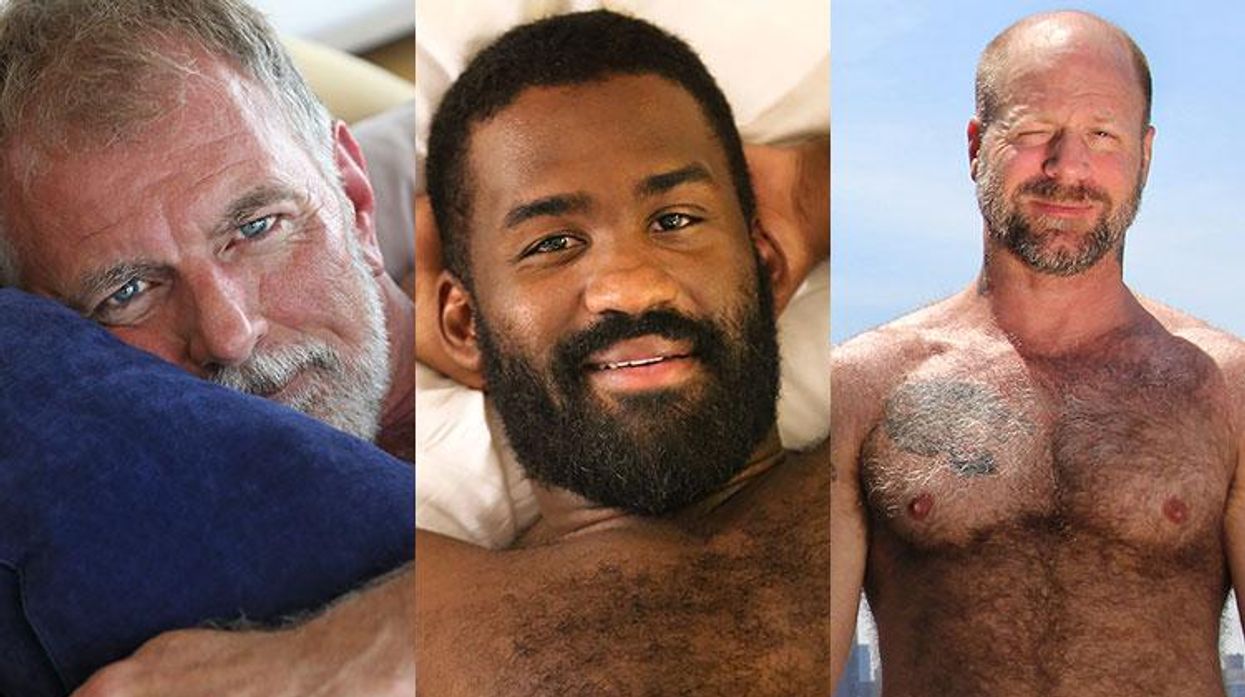New York senator and outspoken advocate for LGBTQ people Kirsten Gillibrand announced Wednesday that she was dropping out of the Democratic presidential primary race after failing to meet the donation and polling threshold for the next debate, according to CNN.
"I know this isn't the result we wanted. We wanted to win this race. But it's important to know when it's not your time and to know how you can best serve your community and country," Gillibrand said in a farewell video. "I believe I can best serve by helping to unite us to beat Donald Trump in 2020."
Gillibrand entered the race eight months ago with a campaign focused on women's issues and equality. In her farewell video, Gillibrand, who championed LGBTQ causes before and since announcing her run, gave a nod to queer people.
"Our work is not done and we have a clear mission in front of us. We have to defeat President Trump, flip the Senate, and elect women and up down the ballot," Gillibrand said.
"Together, we will make people's lives better, no matter who you are, where you live, or who you love," she added.
\u201cToday, I am ending my campaign for president.\n\nI am so proud of this team and all we've accomplished. But I think it\u2019s important to know how you can best serve.\n\nTo our supporters: Thank you, from the bottom of my heart. Now, let's go beat Donald Trump and win back the Senate.\u201d— Kirsten Gillibrand (@Kirsten Gillibrand) 1567028133
It's not surprising that the junior U.S. senator from New York would end her run with a note acknowledging LGBTQ people, considering she was ahead of the curve in announcing a comprehensive LGBTQ rights agenda, according to her campaign site:
"Kirsten was the first presidential candidate to announce a comprehensive LGBTQ rights agenda -- including plans to guarantee equal rights under the law, support families and kids, protect and expand access to health care, and ensure the safety of LGBTQ individuals. She has stood with the LGBTQ community throughout her career, from her early support for marriage equality and leading the charge to repeal Don't Ask, Don't Tell, to fighting for the rights of transgender people to serve in our military. She is an original cosponsor of the Equality Act, and is fighting for the rights of LGBTQ people to live, work, raise families, serve in the military, and go to school without discrimination."
Gillibrand's commitment to LGBTQ equality goes back to her first term as a senator in 2009 when she publicly expressed support for marriage equality ahead of New York's senior senator, Chuck Schumer.
The senator kicked off this year as one of five members of Congress who brought trans troops to Trump's inaugural address. Gillibrand then fought back -- along with Susan Collins and Jack Reed -- against Donald Trump's trans military ban by introducing legislation to protect transgender military members from discharge and to allow new enlistments by trans Americans.
In an interview series released last week as part of the NCTE Action Fund's campaign Transform the White House, Gillibrand spoke about the strength and resilience of trans people.
"I think, for someone who's transgender, it takes enormous courage to be the person that you are. I think it takes so much bravery to identify in the way you want to be identified," Gillibrand said. "And I think every time a transgender person self-identifies and introduces himself or herself or their selves to their community, it is an act of courage. It's an act of bravery."
The senator entered the crowded primary race with $10.5 million in her coffers, but she failed to make inroads and improve her polling numbers, according to CNN. She was persistently dogged by her decision to call on Al Franken to resign from his Senate seat at the height of the #MeToo movement when eight women had accused him of sexual harassment.
Gillibrand was the first to publicly call for Franken's resignation, although there had been closed-door meetings among several senators prior. In the end, Gillibrand was one of 35 senators, including presidential candidates Bernie Sanders, Elizabeth Warren, Cory Booker, and Kamala Harris, who said he should resign.
"There is no prize for someone who tries to hold accountable a powerful man who is good at his day job," Gillibrand said when questioned about Franken at a town hall event in June, according to USA Today. "But we should have the courage to do it anyway."
















